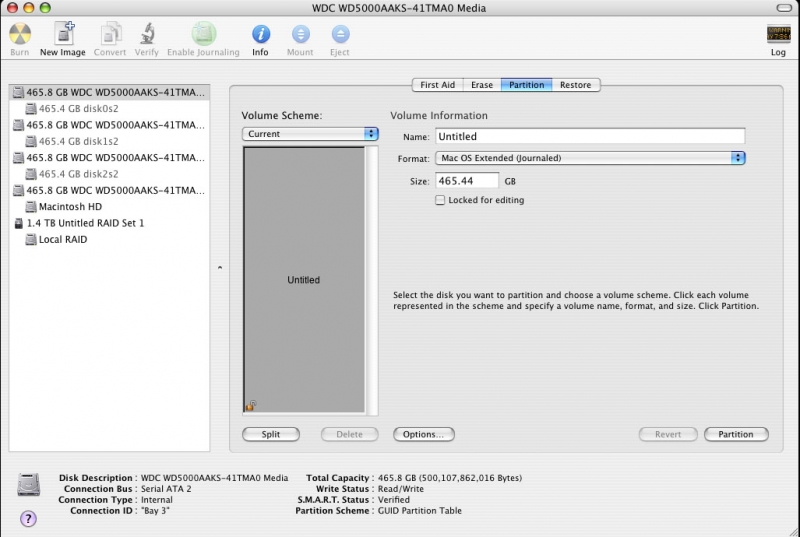
This depends on the version of Linux you use, how recent it is, and what Mac hardware you’re using. Be sure to follow me on Twitter at on Facebook at /DavidGewirtz, on Instagram at /DavidGewirtz, and on YouTube at /DavidGewirtzTV.Depending on your Mac, some hardware components may not work perfectly on Linux. You can follow my day-to-day project updates on social media. What do you think? Do you expect to repurpose your old Macs to Windows or Linux? Let's continue this fascinating conversation in the comments below. But given the high-quality hardware, they'll probably serve you well for quite some time if you choose to repurpose them for fruit-free operation. Given the wide variety of PCs you can buy or build, old Apple gear certainly won't be standouts. You'll probably be able to put them to some kind of use long after Apple abandons updating Intel code. So, if you do have a bunch of Intel Macs (as I do), don't fret. Whether that's just four or five years, or ten or fifteen depends more on the state of Windows and Linux - and the support of the user community - than it does on Apple. Final thoughtsįrom all we've discussed, it seems to me that we're looking at Mac hardware staying in operation for a very long time. That said, expect to see old Macs used as Linux machines (ranging from desktop machines to nice, compact servers) for quite some time to come.

There are many reasons why Macs tend to have fewer "entropy" issues than PCs. Here's what I said last week about why Apple's hardware is so strong:

If you want to see some really good video about purchasing and updating old Macs, check out Luke Miani's channel on YouTube. That means it may make sense to buy and configure an older Mac, rather than build a machine from less-than proven parts or buy a used or new brand-name Windows PC. That means that some very high-quality machines will be available at actually affordable prices. As such, expect used Intel-based Macs to hit the market for something resembling bargain prices.


 0 kommentar(er)
0 kommentar(er)
